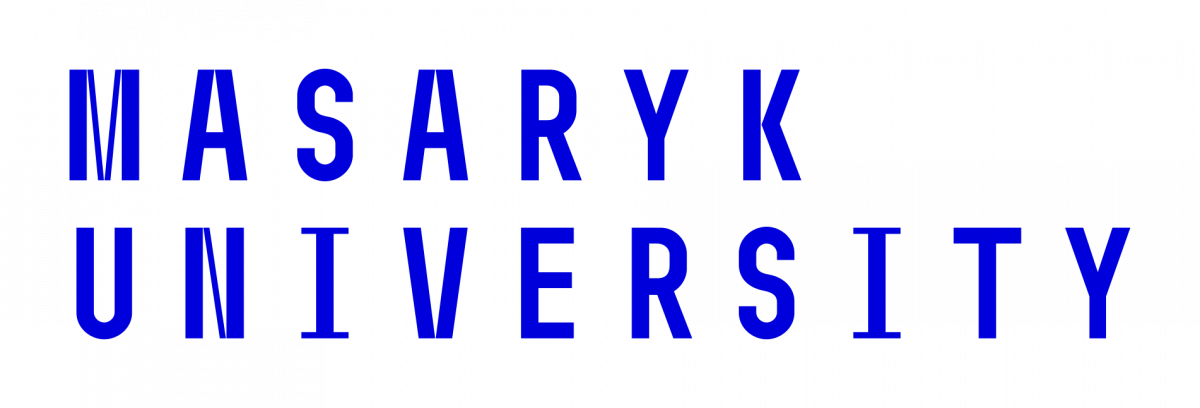Cognitive bias is the label used for a decisional error, due to environmental or individual factors. Most people believe that they are always in a position to make the best decisions, using a minimum number of resources to reach the best of results. Still, depending on past experience, on communicational circumstances, on one’s own assessment of the status quo and of future outcomes, and on individual preferences or characteristics, individuals make questionable decisions under conditions of uncertainty and seem to act irrationally. Cognitive biases are crucial elements in misinformation and disinformation related processes and may lead to disastrous effects, such as xenophobia, discrimination and stigmatization or radical political movements against disease prevention and management.
Behavioural economics researchers use psychological experiments to study how cognitive biases interfere with decisional processes. The mind can be tricked by the manner in which a problem is formulated, if, for example, there is a focus on good or on bad consequences – a process called framing. The context of a discussion leads to certain connections – the priming effect. If an individual likes a source, because the source is considered beautiful, he or she may also trust what the source is saying, or at least treat the source with kindness and understanding – the halo effect. People tend to use heuristics in cognitive overloads: when they are tired, hungry, or stressed, they use intuitive reasoning to save time and effort. One heuristic is the illusion of truth, which elicits cognitive ease and may lead to rushed decisions, such as commenting favourably or sharing a piece of false information on social media. Some researchers consider cognitive biases to be a result of evolutionary forces: in the history of humanity, it has been advantageous to overestimate a threat and flee, rather than to confront a dangerous situation. Yet, for crucial public issues, specialists should help citizens in assessing reliable information sources and in using analytical thinking, as opposed to intuitive reasoning based on cognitive biases.









